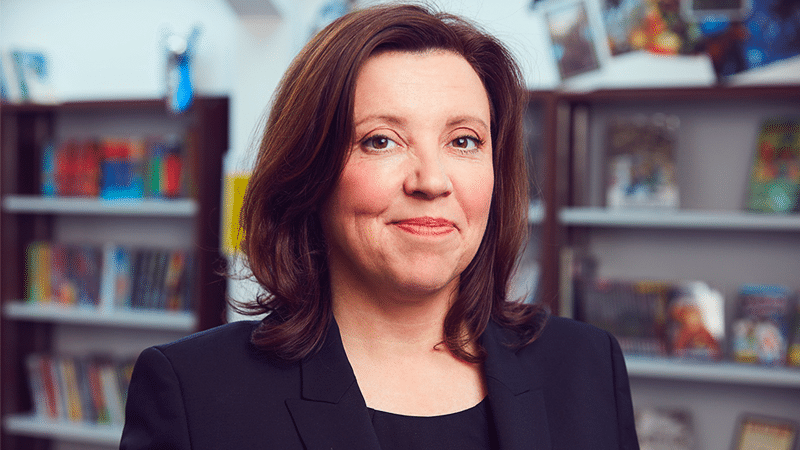Measures to protect children from online pornography “could not have come soon enough”, the Children’s Commissioner (CCo) for England has said.
A report published by the office of Dame Rachel de Souza found that exposure to online pornography has been on the rise and that children have been increasingly likely to stumble across it by accident.
The ‘benchmark’ CCo report, ‘Sex is kind of broken now’, is based on a survey of 1,020 sixteen to 21-year-olds conducted prior to 25 July — the deadline for some of the largest pornography sites to introduce age-verification checks to identify under-18s.
Online Safety Act
According to the report’s findings, “70% of survey respondents had seen pornography online, up from 64% in 2023”, and “59% reported seeing pornography online by accident up from 38% in 2023.” The social media platorm X “remains the most common source of pornography for children, outstripping even dedicated pornography sites”.
More than a quarter (27 per cent) of respondents “had seen online pornography by the age of 11”, with some “having seen pornography by the age of ‘6 or younger’”. The average age at which “a child first sees pornography online is 13”.
While the report highlighted that “it is normal” for children to be exposed to pornography online, it hoped “the suite of rules designed to protect children under the Online Safety Act” – including age-verification – would address the problem “to some degree”.
Based on analysis carried out by digital data company Similarweb, the Financial Times recently reported that “Pornhub, the UK’s most-visited adult site, experienced a 47 per cent drop in traffic between July 24, the day before the rules came into force, and August 8”. Other pornography sites, it said, had also seen a dramatic fall in traffic over the same period.
‘Not optional’
Dame Rachel said: “We do not tolerate pornographic magazines on school buses or graphic sexual material on children’s television. Why children’s exposure to it online has ever been tolerated is beyond understanding.”
She added: “I want this report to be the last of its kind. A final record of the worst days of the internet before real regulation, before real accountability, before the moment we decided that children’s safety online is not optional.”
While the Children’s Commissioner welcomed measures to protect children from accidental exposure to pornography, she feared that virtual private networks (VPNs) offered a potential “loophole” for children determined to bypass “the age assurance process”.
She urged the Government to amend the Online Safety Act to establish the British Board of Film Classification “as a regulator of online pornographic content” to ensure that robust standards that apply offline apply online too.

Teaching union: ‘Smartphones give kids unfettered access to porn’
UK Govt urged to ‘stem alarming tide’ of deepfake pornography

